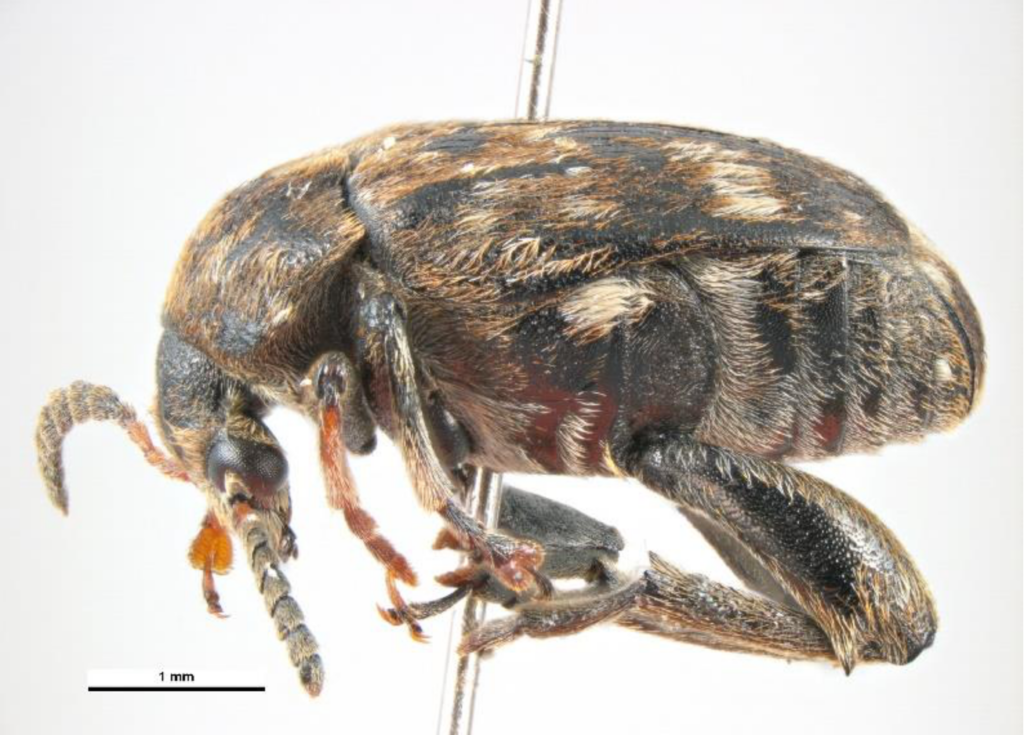
The latest free online guides from WSU Extension aid Pacific Northwest agriculture, from wheat pea producers to beef cattle raisers and cider apple growers.
New and revised guides published in summer 2023 include:
New Publications
Feeding Beef Cattle III: Vitamin A Effects on Beef Quality and Neonatal Supplementation (FS381E)
Vitamin A supplementation is an essential part of beef cattle diets, affecting performance, health, and beef quality. Written by Ashley Norberg, graduate student in the Department of Animal Sciences; Professor Emeritus Mark Nelson; and Associate Professor and Livestock Extension Specialist Don Llewellyn, this guide helps livestock producers understand supplementation of this nutrient.
Pea Weevil Management in Winter Peas (FS382E)
Once a specialty crop, winter peas are now an important mainstay in grain-field rotations across Central Washington. Unfortunately, both winter and spring peas are under attack by the pea weevil, which reduces seeds to empty shells and makes plants more susceptible to aphids and viruses. In this guide by Extension Educator Dale Whaley, growers can learn how to identify pea weevil, when and how to best sample for it, and the control options if outbreak numbers are detected.

Revised Publications
Rattail Fescue: Biology and Management in Pacific Northwest Wheat Cropping Systems (PNW613)
Addressing this increasingly common weed in Pacific Northwest cropping systems, authors Drew Lyon, WSU Endowed Chair for Small Grains Extension and Research, Weed Science; and Daniel Ball, Emeritus Professor of Weed Science, Oregon State University, present considerations for management. Farmers are discovering that weed management practices must be adjusted to control species that were formerly susceptible to tillage.
Establishing a Cider Apple Orchard for Mechanized Management (EM117E)
In this guide, cider apple growers can learn about ways to reduce the need for labor, including establishing a fruiting wall that can be mechanically managed for optimal yield and quality. Authors include Travis Alexander, Department of Horticulture postdoctoral researcher; technical assistants Ed Scheenstra and Jacky King; Stefano Musacchi, Endowed Chair of Tree Fruit Physiology and Management; Carol Miles, Professor and Vegetable Extension Specialist; and Seth Brawner, graduate researcher and master’s student.
Find more guides online at the WSU Extension Publications bookstore.